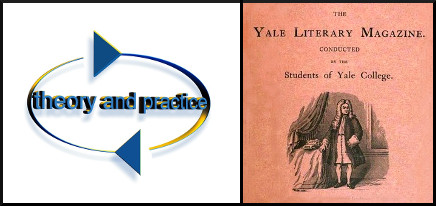Jean-Baptiste Colbert? Anne Robert Jacques Turgot? Anonymous?

Question for Quote Investigator: Governments face resistance and resentment when they attempt to raise funds through taxation. Apparently, a French wit crafted the following vivid figurative expression. Here are two versions:
- Taxation is the art of plucking the goose without making it squeal.
- The art of taxation is procuring feathers from a goose with the least amount of hissing.
Would you please explore the provenance of this saying?
Reply from Quote Investigator: The earliest strong match located by QI appeared within a 1766 letter about governance sent from the French economist and statesman Anne Robert Jacques Turgot to the Scottish philosopher and economist David Hume. Emphasis added to excerpts by QI:1
… vous savez aussi tout comme moi quel est le grand but de tous gouvernemens de la terre—Soumission et argent. On cherche, comme on dit, à plumer la poule sans la faire crier—or, ce sont les propriétaires qui crient, et l’on a toujours mieux aimé les attaquer indirectment, parce qu’alors ils ne s’aperçoivent du mal que quand la chose a passé en droit…
The letter above was published in 1849 many years after it was written within a collection called “Letters of Eminent Persons Addressed to David Hume”. A translation of the 1766 letter into English appeared in the 1914 book “Reflections on the Formation and the Distribution of Riches” by Turgot:2
You know, also, as well as I do, what is the great aim of all the governments of the earth: obedience and money. The object is, as the saying goes, to pluck the hen without making it cry out; but it is the proprietors who cry out, and the government has always preferred to attack them indirectly, because then they do not perceive the harm until after the matter has become law…
As indicated in the translation, the figurative phrase about plucking was already circulating, but Turgot who lived between 1727 and 1781 popularized its application to governments seeking funds.
Below are additional selected citations in chronological order.
